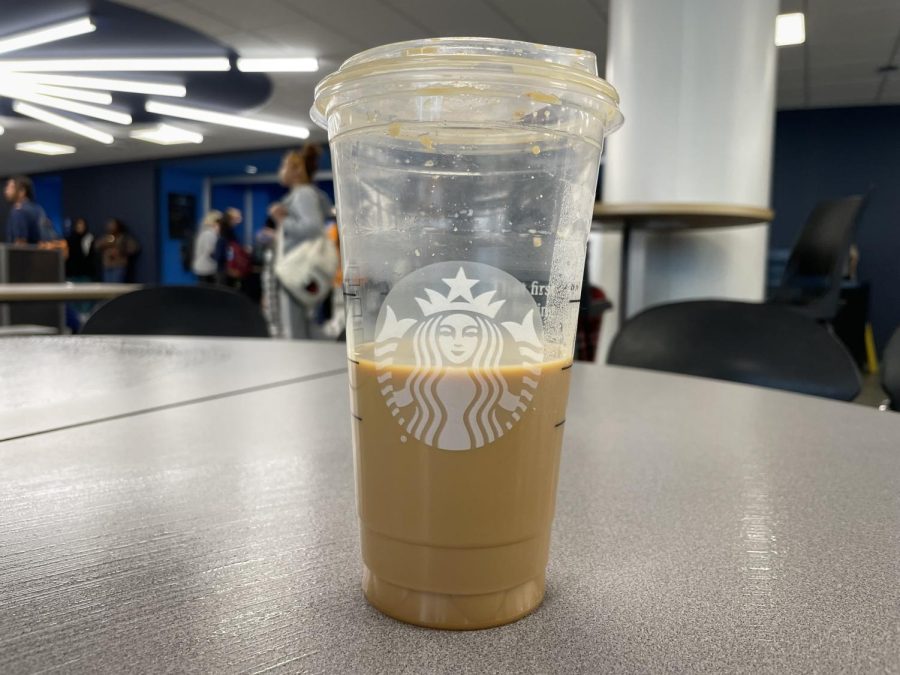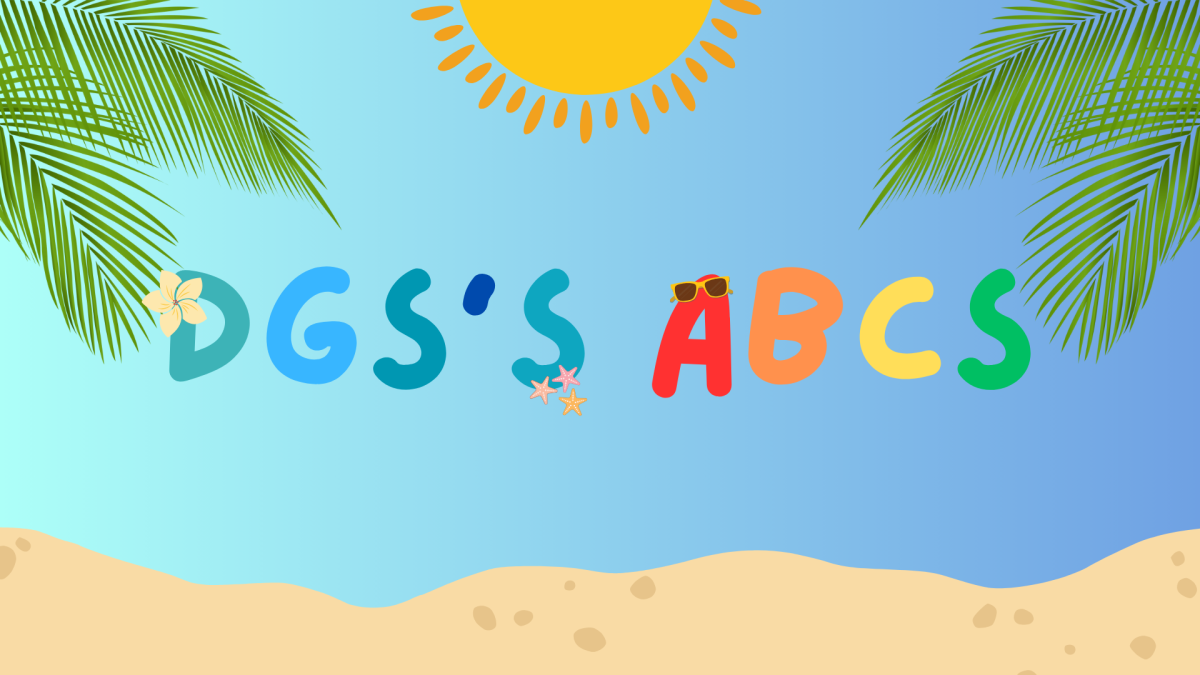Life is better withOUT coffee
Starbucks is one of many coffee shops feeding teen caffeine addiction.
September 16, 2022
Coffee is everywhere. Walking around school, I constantly see students carrying Starbucks or Dunkin’, and now DGS sells La Colombe Coffee along with Caribou. It’s an addiction that needs to be stopped.
I hate coffee mostly because of the terrible taste. Not only is it bitter and sour, but most people have to add sugar and sweeteners to make it taste remotely drinkable. Take away all of the additives, and we’ll see how many people drink coffee, then.
Besides my grandpa, I don’t know a single person who drinks straight black coffee, so it’s pretty obvious to me that coffee itself tastes bad. The only way it’s drinkable is if you add caramel or cream, which only makes it unhealthy. Coffee is terrible tasting, and the way kids drink it nowadays makes it bad for you too.
Another thing I hate about coffee is how addicted everyone is to it. Half of my friends are late to school or events because they “needed their morning coffee,” and if they don’t get coffee they use it as an excuse to be rude to everyone. The coffee addiction is a true mood killer.
Personally, I would prefer to not rely on anything to have energy. I do have the occasional caffeinated drink, but I think it’s frightening how reliant kids are on coffee and caffeine.
According to the Addiction Center, “If someone drinks caffeine on a daily basis, they will develop a tolerance just as they would to other drugs or alcohol. After a while, the user requires more and more caffeine to produce the same effects of alertness.”
This means that if people drink coffee often, the amount that they crave will grow over time. However, caffeine addictions are different for everyone.
The National Institute on Drug Abuse states that “In adults, consumption of less than 400 mg of caffeine per day – roughly the amount found in four cups of coffee – is not thought to present any health risks. …Higher doses, however, can adversely affect mood, sleep, and physical and cognitive performance.”
Children have a lower tolerance to caffeine than the full-grown adults whom the above article describes. And, since teenagers are in their vital stage of brain development, it’s clear that they should be having less coffee than the four cup limit for adults. Drinking coffee every day increases caffeine addiction, and higher cravings mean that teens may go over the safe amount even more – it’s an endless cycle.
Too much coffee can lead to sleep disturbances and cognitive decline among other things. Sleep deprivation will lead to the desire for more caffeine to stay alert, and things will only get worse. Learning is impacted as well by too much coffee.
Yet another thing I hate about coffee is how expensive it is. A medium iced coffee is $2.49 at Dunkin’ and $2.65 at Starbucks, averaging out to $2.57 a cup. If you buy a medium iced coffee five days a week, $668.20 a year is spent on coffee.
Obviously, that’s just for a regular iced coffee – adding sugars and flavors, like most teens do, will be more expensive. If you buy coffee every day, or maybe twice a day, you’ll be spending over a thousand dollars a year on your addiction. For some people, it might be worth it, but I simply couldn’t justify spending that much on a drink.
That money could go towards college, a car or future rent. Is it really worth it? Or would it be better to break your addiction and save your paycheck?
It may be an unpopular opinion, but I think people should avoid coffee, or at least be careful with it. Save your money, stop your addiction and get more sleep. There are so many drinks out there, like smoothies, that taste good and are better for your health.






